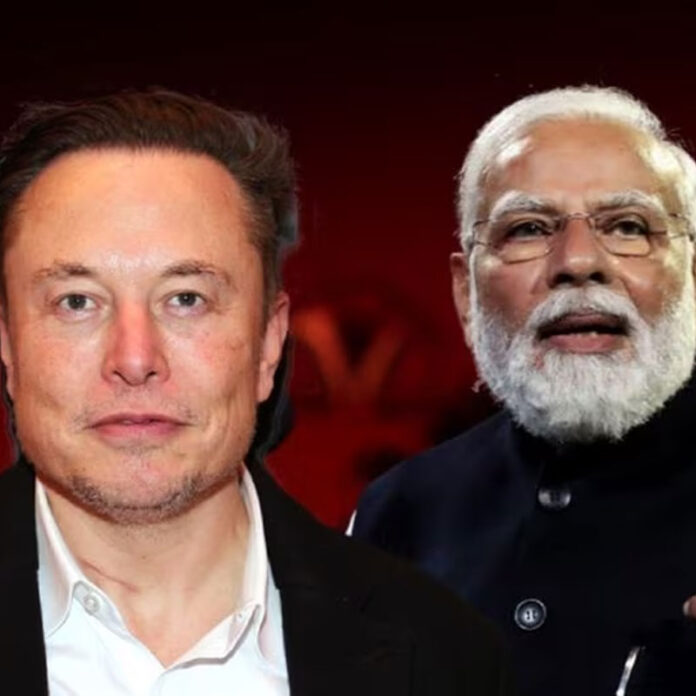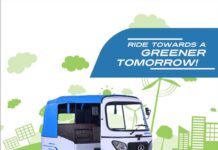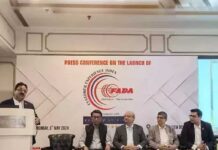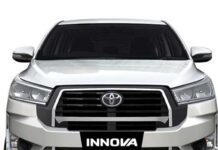
In a determined effort to welcome Elon Musk’s Tesla to Indian shores, the Indian government is leaving no stone unturned, with various government departments collaboratively working to secure all necessary approvals for the electric vehicle (EV) giant by January 2024.
The Prime Minister’s Office held a crucial meeting on Monday to review the progress of electric vehicle manufacturing in India’s next phase, with a particular focus on Tesla’s investment proposal, as informed by individuals with insights into the matter.
While the meeting primarily centered on general policy issues, a senior official revealed that it clearly underscored the importance of fast-tracking approvals for Tesla’s proposed investment in India by January 2024.
Several key government ministries, including the ministries of commerce and industry, heavy industry, and electronics and IT, have been actively deliberating on the plans put forth by the renowned electric car manufacturer. This comes after Tesla’s CEO, Elon Musk, engaged with Prime Minister Narendra Modi during his official visit to the United States in June. Notably, India has also extended an invitation to US President Joe Biden to be the chief guest at the Republic Day celebrations on January 26.
High-level executives from Tesla have held discussions with Indian government officials to strategize the establishment of car and battery manufacturing facilities within the country. Furthermore, Tesla has expressed a strong interest in bringing its comprehensive supply chain ecosystem to India.
As part of this collaborative effort, ministries and government departments have been instructed to resolve any existing discrepancies with Tesla and clear the path for the prompt announcement of the company’s plans for manufacturing in India, according to another official.
Previously, Tesla had requested a 40% import duty on fully assembled electric cars, a reduction from the current rate of 60% applicable to vehicles priced under $40,000 and 100% on those priced above that threshold.
India’s existing customs duty framework does not differentiate between electric cars and those running on hydrocarbons, imposing high duties to promote local manufacturing. Tesla advocates for its vehicles to be categorized as electric vehicles rather than luxury cars.
The high import duty has been a point of contention between Tesla and the Indian government. The US-based EV manufacturer wishes to introduce some of its vehicles to the Indian market before establishing local manufacturing.
To address these concerns, the first official cited above suggested the introduction of a new category in the import policy, ensuring that environmentally friendly vehicles benefit from reduced taxation. Importantly, this incentive would apply not only to Tesla but also to any entity committing to establish electric vehicle manufacturing units.
Tesla had previously shelved its plans for entering the Indian market when negotiations over import duty reductions hit a roadblock. New Delhi had insisted on a commitment to local manufacturing in exchange for import duty concessions. The government also encouraged the company to apply for the production-linked incentive scheme, offering direct subsidies to manufacturers rather than seeking customs duty exemptions.









